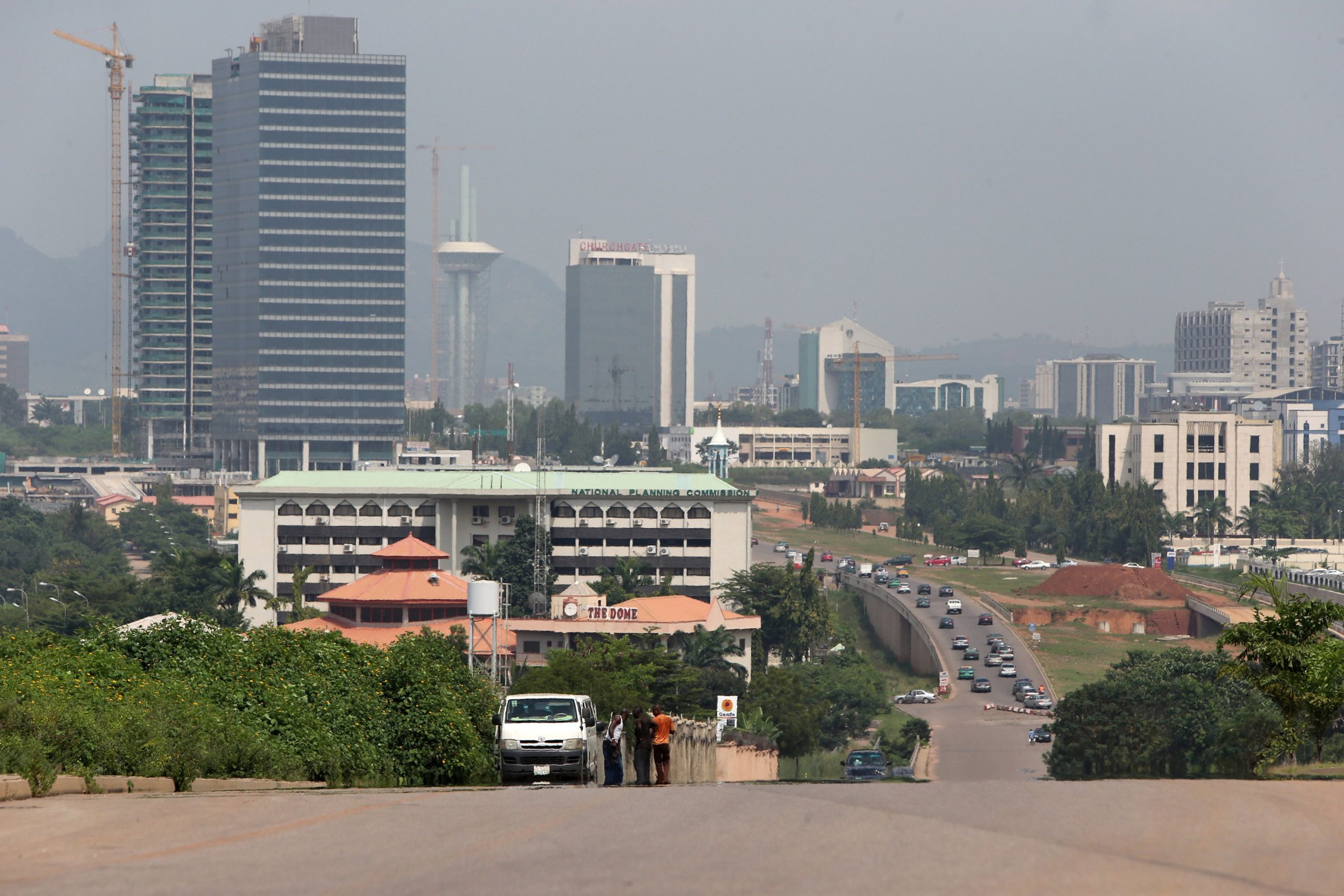- Infrastructure Critical to Nigeria’s Economic Transformation, Says ECA
Nigeria’s economic transformation as well as that of other African countries depends on a strong infrastructure base.
Speaking during an Economic Commission for Africa’s (ECA’s) sponsored session in Nigeria, Sylvian Boko, the Principal Regional Advisor and Head of Development Planning and Statistics at the ECA, said it was imperative for the continent to create an enabling environment for investment in transboundary infrastructure projects that will change the lives of millions of ordinary people.
He said the harmonisation of policies, laws, and regulations through the ECA’s Model Law on trans-boundary infrastructure projects, will go a long way in strengthening existing continental, regional, and national institutional capacity.
He added that “there was also an urgent need for the ECA and its pan African partners to help develop the knowledge base of transboundary infrastructure projects and technical advisory capacity on such projects on the continent.”
He said “private perception of risk and uncertainty in the past may have been exacerbated by the disparity and lack of harmonisation of the regulatory and legal frameworks governing transboundary infrastructure projects, even if such projects are otherwise profitable.”
Boko advocated that adequate infrastructure can accelerate Africa’s growth, adding that “the continent can actually fund its development priorities, especially infrastructure projects, with domestic resources,” stating that although Africa was still faced with the arduous task of mobilizsing adequate resources to fund its own growth and transformation, it still has the potential to do so.
He said infrastructure can trigger development on the continent and eradicate inequalities across borders.
“It is critical for the continent to have a competitive industrial sector and transboundary infrastructure to advance its integration, thus promoting strong and sustained growth by reducing poverty; enhancing economic activity and competitiveness by reducing transportation cost; improving living standard by minimising transaction costs of business,” he stated.
Mr. Boko said this would raise productivity and promote economic competitiveness, and in the process assist governments in domestic resource mobilization.
He, however, cautioned that, “the continent still lacks adequate infrastructure such as roads, railways, waterways and ICT to support its growing economies.”
Emmanuel Nnadozie, Executive Secretary of the African Capacity Building Foundation (ACBF), said ”to accelerate regional integration in Africa, the Continent must develop efficient and effective institutions that will be in a position to do a number of important things beyond promoting trade and regional infrastructure programs.”
These he said, “include enhancing leadership; informing, educating and changing mindsets to foster a spirit of Africanness; enabling the right decisions to be made and acted upon, the right laws and policies to be designed, implemented, monitored and evaluated.”
Mr. Nnadozi added that ”visionary and effective leadership is an essential requirement for accelerating regional integration because, leaders must be able to provide inspiration, motivation and clear direction to ensure that decisions are implemented.”
He said the spirit of Africanness is essential to ensure that “people from the continent would think of themselves first as Africans before thinking of themselves in terms of their respective nationalities.”
Africa, he said, must allow for a solid financial mechanism and that will enable capacity to flourish through the development, employment, retention and full and optimum utilization of human capacity, in particular capacity for policy design, implementation and monitoring and evaluation.
Mr. Nnadozie lamented that “establishing institutions which matter for regional integration in Africa was easier said than done.”
“Building or strengthening these institutions could benefit from experience and best practices elsewhere. However, there would be need for institutional design experimentation that recognizes the existing socio-political and economic circumstances,” he said.
He stated that “it should not be expected that all private sector groupings will favor regional integration, as some sects will definitely take some protectionist stance in fear of competition. However, as has already been experienced in some countries, the disparities in economic weight that exist between members of some groupings require that we enforce those policy instruments that deal with fears of economic polarization.”

 Naira4 weeks ago
Naira4 weeks ago
 News4 weeks ago
News4 weeks ago
 Naira4 weeks ago
Naira4 weeks ago
 Travel3 weeks ago
Travel3 weeks ago
 Jobs4 weeks ago
Jobs4 weeks ago
 Naira3 weeks ago
Naira3 weeks ago
 Naira3 weeks ago
Naira3 weeks ago
 Investment4 weeks ago
Investment4 weeks ago






























